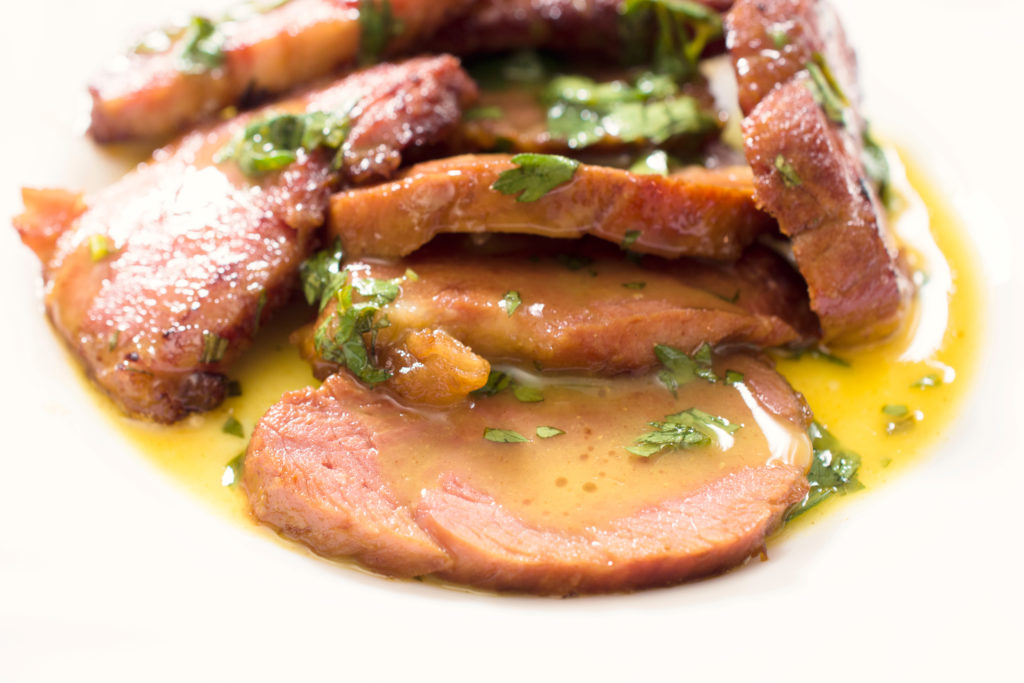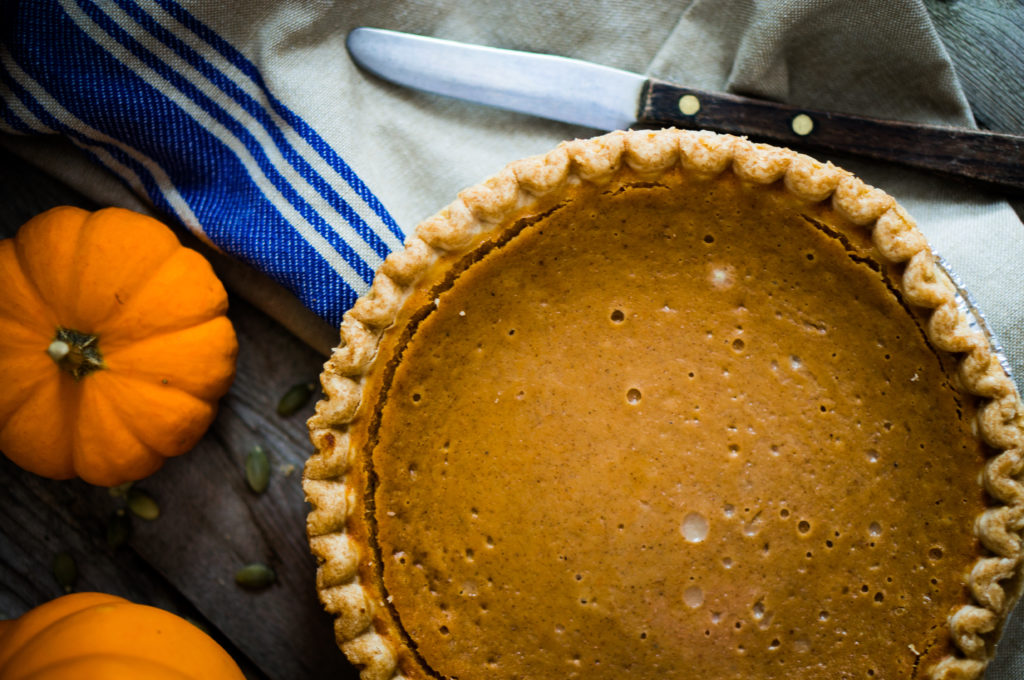An overbaked pecan pie. Chewy, undercooked vegetables. A dry cut of turkey meat.
Do any of these trigger painful memories for you?
While the holidays can be a joyous occasion to spend time with your family and friends, the season is also the busiest time of year. For people who suffer from tooth pain caused by oral health problems that typical holiday bluster is compounded by having to navigate unfamiliar foods, come mealtime.
Fortunately, whether you are struggling with pain caused by oral problems, or you’re celebrating the holidays during recovery from dental implants like the New Teeth Now procedure, there’s an abundance of soft food options you can still enjoy. Soft holiday dishes like mashes, casseroles and sauce-drenched sides will appear on most tables.
This year, we want to help you enjoy your holiday to the fullest. We’ve put together some ideas to make mealtime a gentler experience for you.
Soft Holiday Main Courses
Turkey skins, crunchy breaded crusts, and deep frying can all present surprise issues for turning an otherwise tender holiday main course into a painful evening. If you have control over what’s on the menu, consider preparing some of the entrees listed below.
- Stewed turkey – Designate several cuts of turkey to boil or stew in turkey stock. Avoid boiling with the bone-in as boiling can cause bone to soften and mix with the meat. Also, you may want to avoid eating turkey straight off the bone just to be extra careful.
- Moist holiday ham – Include extra water in your roaster or try bagging your ham like you would a turkey to encourage a juicier and more tender final product. Other options for preparation that leads to a softer final product include crockpot ham, and slow cooker ham.
- Thanksgiving soups – Boiled turkey along with other pureed ingredients such as butternut squash, pumpkin, carrots and potatoes are common ingredients in soup recipes that perfectly capture the flavors of the holidays.
- Tamales – This unique Latin American dish has become a popular holiday tradition for many households, and it’s a lot easier to chew than roasted turkey and ham.
- Vegetarian and vegan substitutes – One of the benefits of plant-based substitutes is that they often have a more uniform consistency throughout. Some common options include tofurkey, vegan ham and veggie loaf.

Soft Holiday Sides
- Egg noodle gravy – This gravy-soaked noodle dish has become a popular topping and has been elevated to being a side in many households.
- Mashed potatoes and gravy – This classic side has always been soft. Make sure to leave the potato peels out before mashing them.
- Sweet potato and yam casseroles – Some variations call for fruit and nuts, but there are plenty of alternatives that do not.
- Broccoli and green bean casseroles – You can boil vegetables or to be extra safe use canned veggies when possible.
- Cauliflower gratin – Another creamy recipe. Avoid the crispy au gratin crust when scooping this dish for yourself.
- Dinner rolls and cornbread – If the main course wasn’t prepared to your liking, you can still enjoy the cranberry sauce and gravy as dipping sauces for bread.
Surprise Hard Ingredients Mixed into Holiday Foods
Look out for the following surprises that can sneak into almost any holiday meal. You may have to pick them out of your dish or eat around them.
- Nuts – Walnuts and pecans are popular surprise additions to many family recipes.
- Dried fruit – Whole cranberries, dates and raisins will appear in places you may not expect like turkey stuffing and random casseroles.
- Peppers – While they add a special kick to many dishes, biting into a fresh pepper can feel like a kick in the mouth.
- Bacon – It’s all too common to see bacon in the random recipe. And, depending on how the dish is prepared it can become tough or too crunchy to chew with newly placed dental implants. While you may still enjoy flavoring your dish with bacon, you don’t have to eat the bacon strips to enjoy the added flavor.
- Sausage – Sausage and chorizo are often soft enough to eat. You’ll want to watch out for sausage casings or hard-to-chew bits of gristle.
- Apple – The peel is a problem, and so is the meat of the apple chunks if only cooked to al dente.
- Onion – Onions are sometimes fine depending on how the dish was prepared.
- Celery – Like onion and apple, celery can be okay if it’s been cooked for long enough. That often isn’t the case. If you have any doubt, it will be best to avoid chomping down.
- Corn – A kernel of corn can get tricky because of the tough outer layer called the pericarp.
Soft Holiday Desserts
This one is too easy. There are plenty of soft pies, cakes and other holiday treats that are both soft and decadent. Just be careful to avoid tough crusts, nuts, hard candies, gummies and fruits and you should be safe to enjoy some of your favorite holiday sweets.
- Pumpkin pie
- Sweet potato pie
- Soft sugar cookies
- Strawberry-rhubarb pie
- Yule log cake
- Eggnog ice cream
- Bread pudding
- Gingerbread trifle
- The list goes on!

May the Coming Year Bring You Joy, Good Health and Good Fortune!
Word to the wise, some foods like salad or creamed spinach may appear soft when in all actuality they require excessive chewing.
Even when it comes to the foods listed here, if your dental implants are still healing, the rule of thumb is that if you can’t cut it with a fork, it isn’t soft enough to eat. Another rule we’ve heard is that if you can hear yourself chewing the food, it’s likely too tough to eat.
To you and yours, we hope you have a wonderful holiday season!









